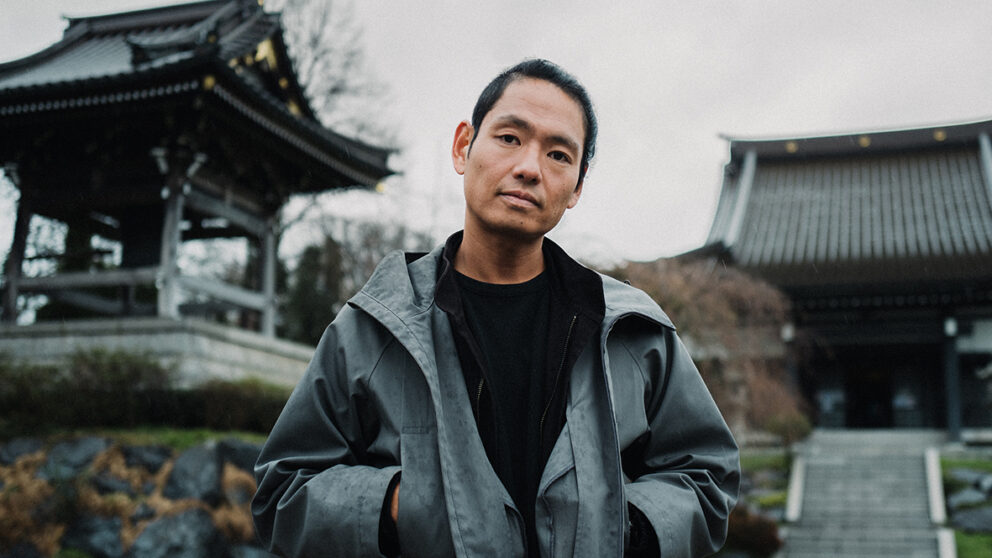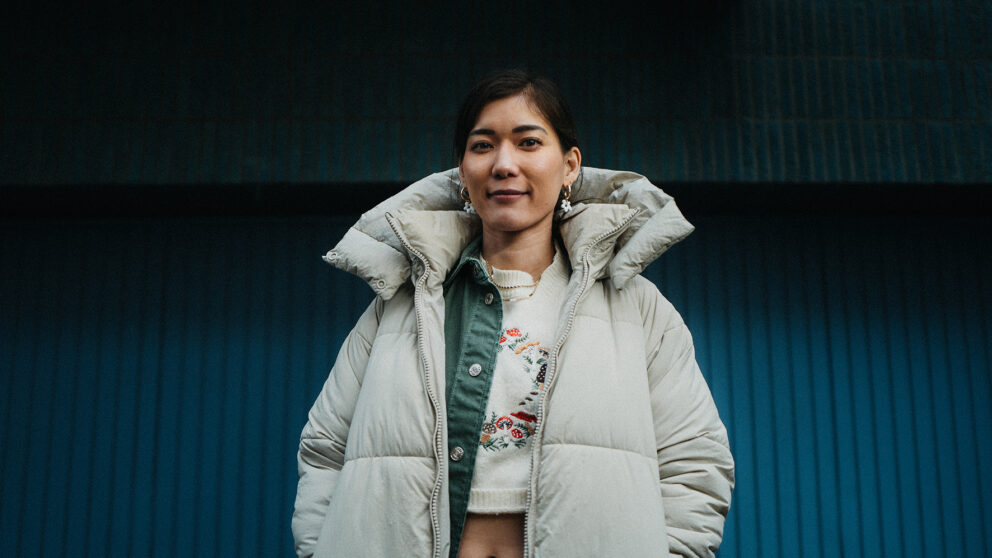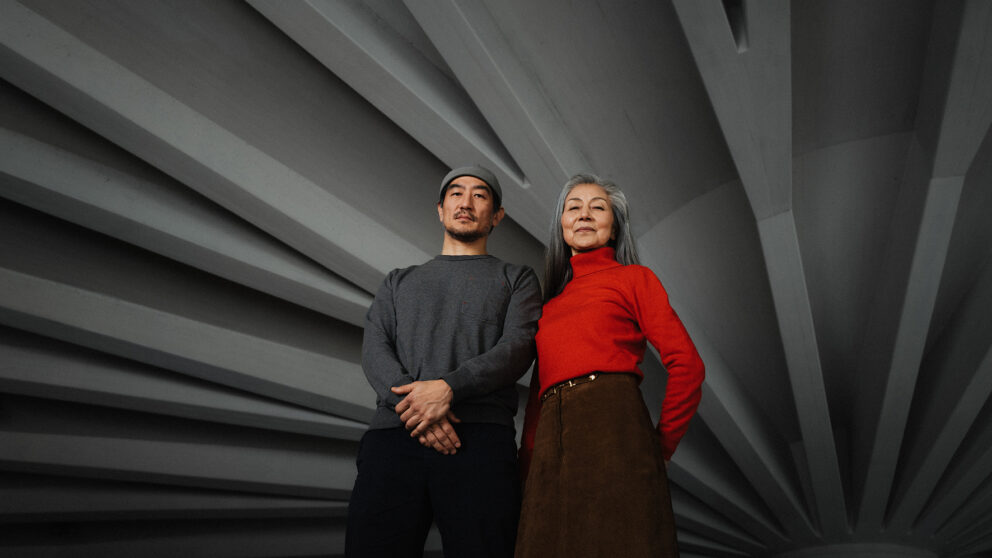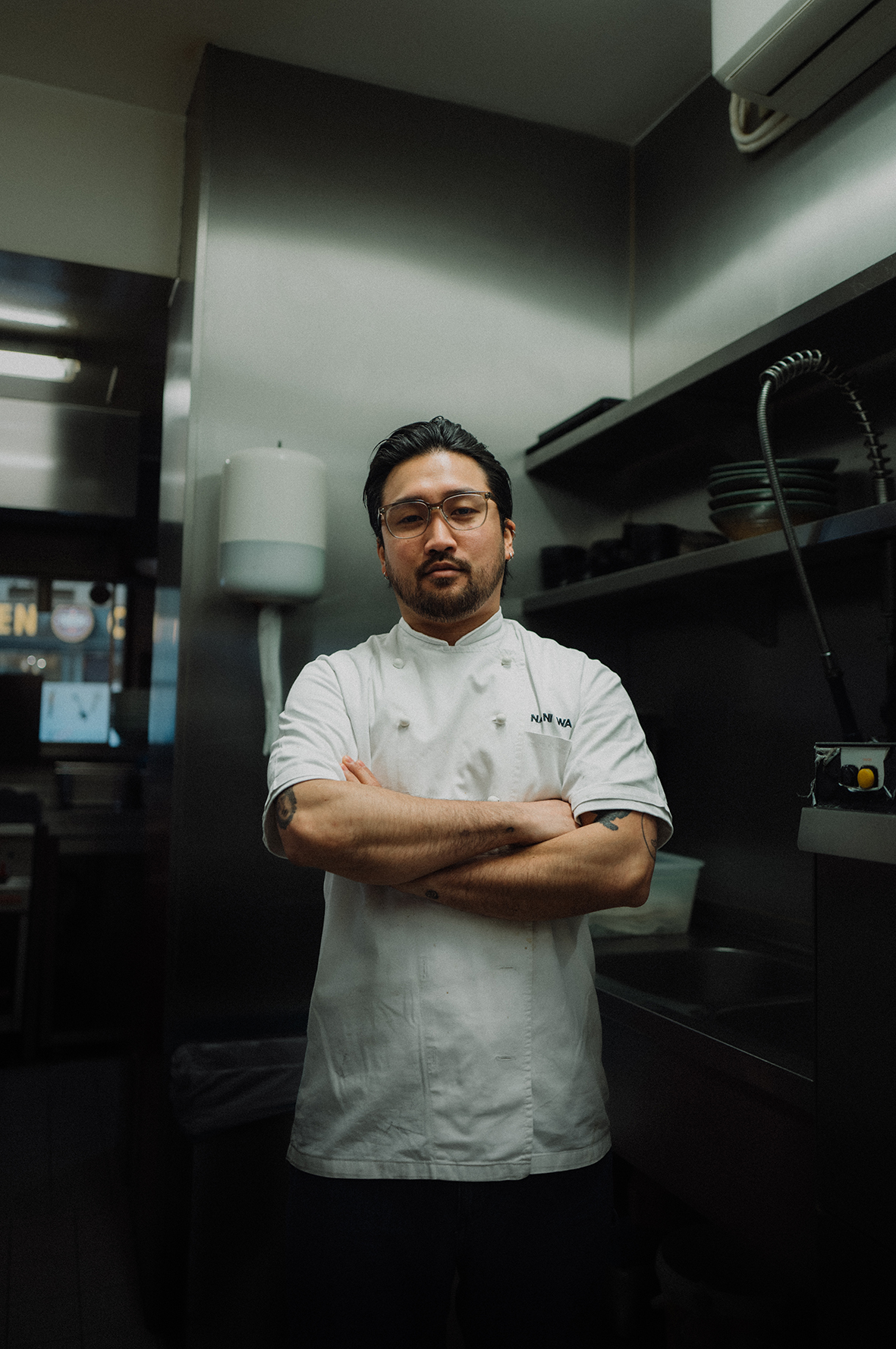
Masao Kobayashi on the Naniwa restaurant, insider tips for foodies & Japan Day
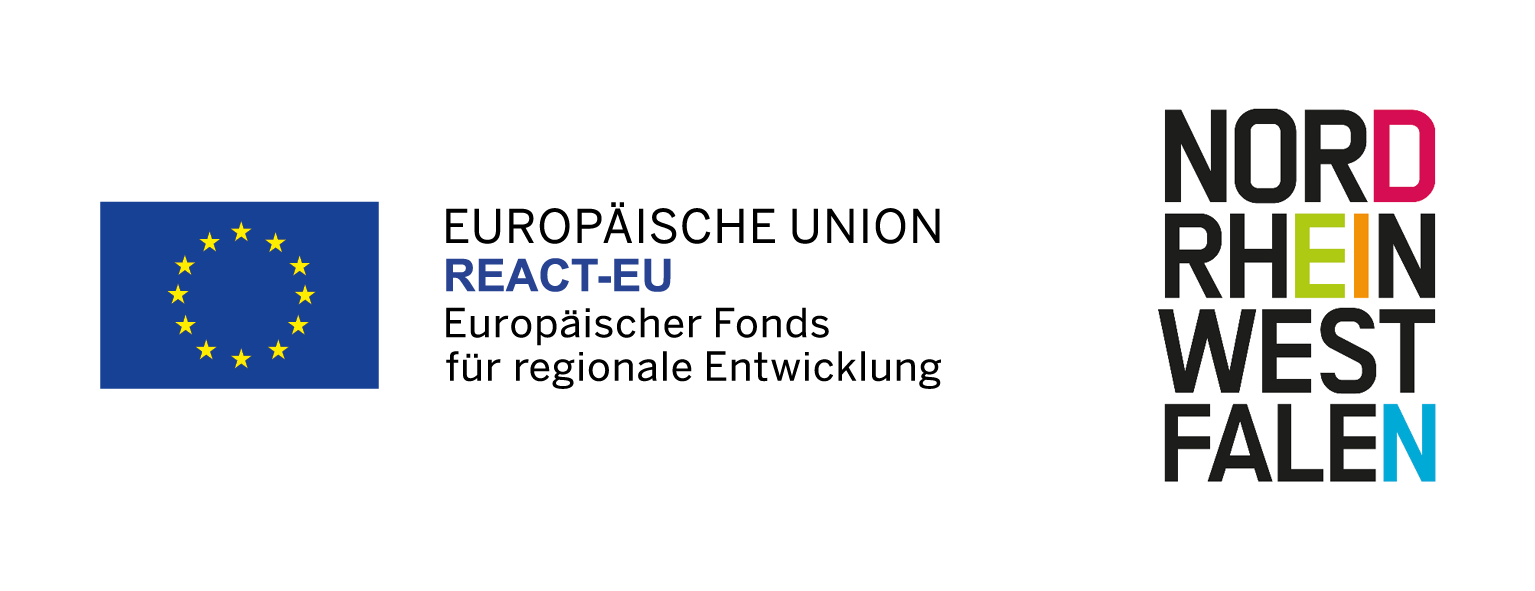
“If you’re hungry for home, Düsseldorf has whatever you need” – an interview with Masao Kobayashi
Masao Kobayashi is a chef. Together with his father, he runs the popular Naniwa ramen restaurant in Düsseldorf’s Little Tokyo quarter. Born in Osaka, Japan, Masao moved to Düsseldorf with his parents when he was three. Back in the early 1990s, when the family first took over the restaurant, there was some awareness of Japanese culture in Germany, but it was by no means as established as it is today. In this interview, Masao talks about his experiences with the Japanese community and provides insights into the Japanese culinary scene in his home town of Düsseldorf.
How did your family restaurant get started?
Through a contact in Osaka, my father received an offer from the previous owner to run a restaurant here in Düsseldorf. When he took over the restaurant at the beginning of the 1990s, Japanese cuisine and culture were not nearly as popular with German and international customers in Düsseldorf as they are today. At first, people wouldn’t eat anything that they didn’t know. Chinese cuisine had already adapted itself to European eating habits and was consequently far more common.
So to begin with, my father decided not to offer authentic Japanese cuisine. Instead, he put more widely known Asian dishes on the menu, such as wontons and fried rice. That was perfectly ok to start with, but business wasn’t going all that well.
When did the shift towards proper Japanese cuisine happen?
After the first few years, he extended the menu by adding ramen and other types of Japanese noodle soup. But the German and international customers hardly ever ordered these relatively unfamiliar dishes. However, he was happy to see that people from the Japanese community increasingly asked about traditional Japanese dishes and did order them. These orders eventually brought those ‘strange’ dishes to the attention of the other guests and made them curious.
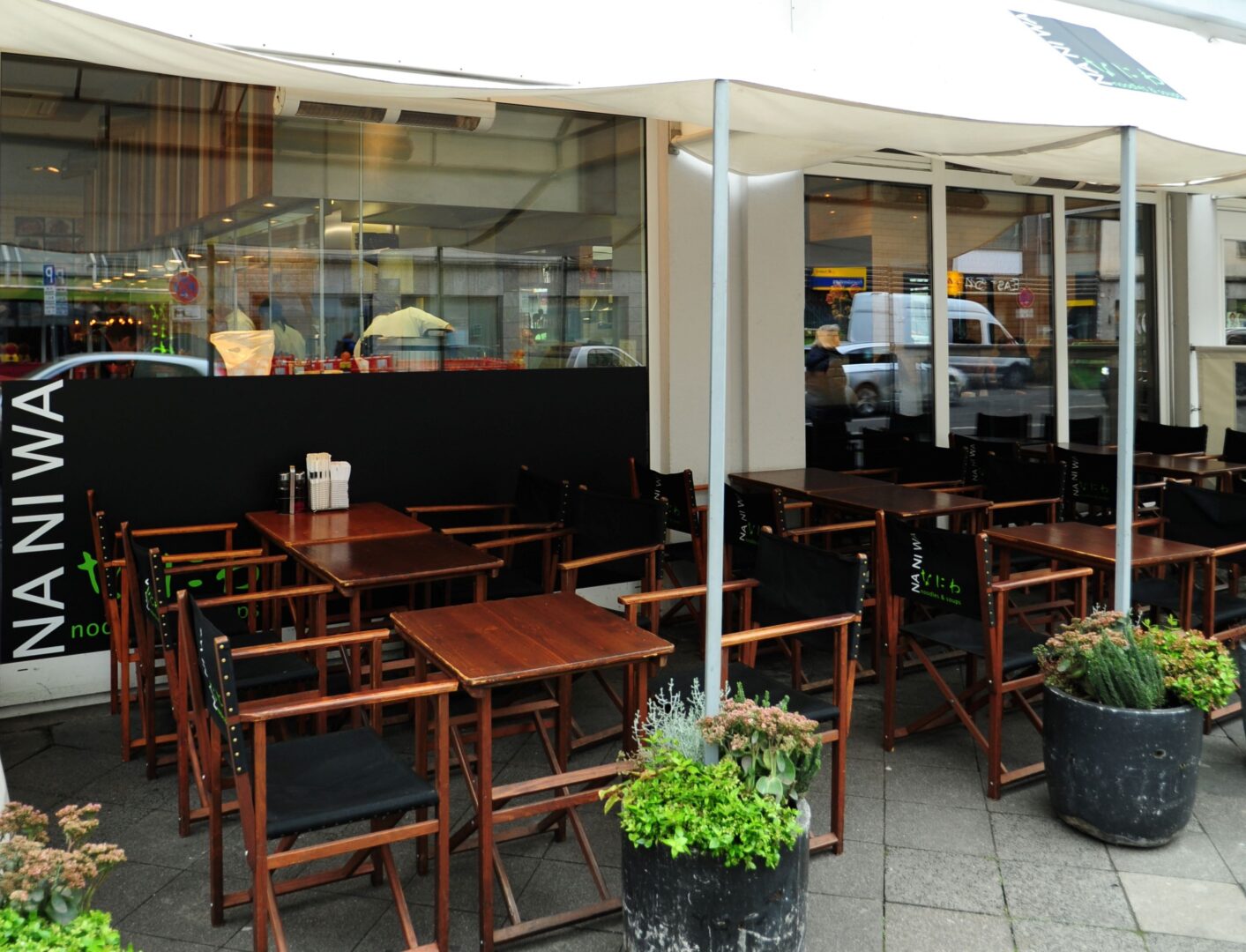
Do you have any personal recommendations or can you think of any Japanese dishes that deserve more attention?
My suggestion for a Japanese dish from our own menu is tenshinhan, which is a crab omelette on rice with a thick, sweet sauce. Although it’s a fairly simple dish, it’s also quite special and definitely deserves more attention. Many of our regular customers have now discovered it.
Another dish that I would certainly recommend is takoyaki from Osaka, the city where I was born. Takoyaki is a Japanese street food snack that is prepared in a similar way to stuffed waffles. You fry octopus chunks in little doughballs until they’re crispy, using an appliance with small, spherical indentations, a bit like a waffle iron.
Are aesthetics important to the Japanese dining experience?
In Japan, it is incredibly important how a dish is presented on the plate. Occasionally, chefs will go as far as starting by selecting the tableware and considering what would look best on it before they even begin to create a recipe.
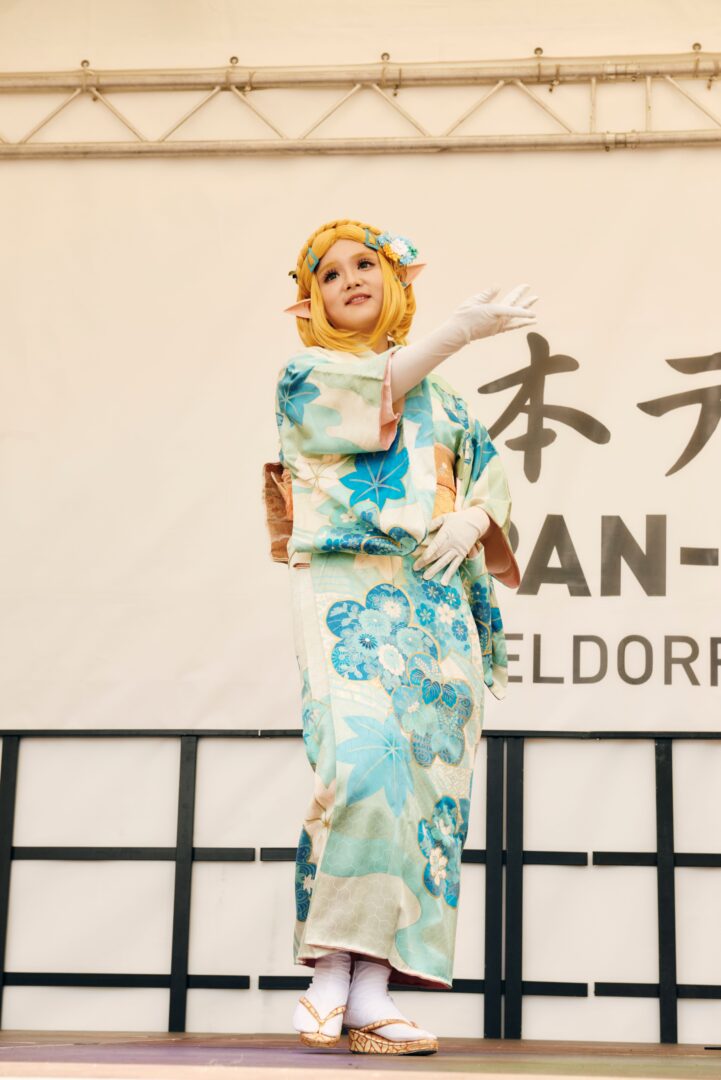
Where can you find authentic Japanese culture and community in Düsseldorf?
The community remains pretty large. These days, you could live in Düsseldorf and never have to speak a language other than Japanese. There are Japanese doctors, supermarkets, restaurants, hair salons, bakeries and launderettes, as well as plenty of authentic restaurants. If you’re hungry for home, Düsseldorf has whatever you need.
It also has internationally famous events, such as Japan Day. On Japan Day, you’ll see loads of cosplayers in Düsseldorf – people dressed up as their favourite anime or manga characters. Anime and manga fans from all over Germany visit Düsseldorf specifically on Japan Day for that reason. But there is also plenty of other Japanese culture on offer during the event, especially when it comes to food. However, if you want to eat at Naniwa on Japan Day, you’ll need a bit of patience, as our restaurant, like many of the city’s other Japanese businesses, seems to get about three time as many customers as normal!
Our tip: If you want to immerse yourself in the Japanese community and discover everything from Düsseldorf’s oldest Japanese bookstore to its best sashimi, we recommend the guided tour Sushi, Sake & Japanese Lifestyle.
Title image: Düsseldorf Tourism
This article is supported by REACT-EU.

